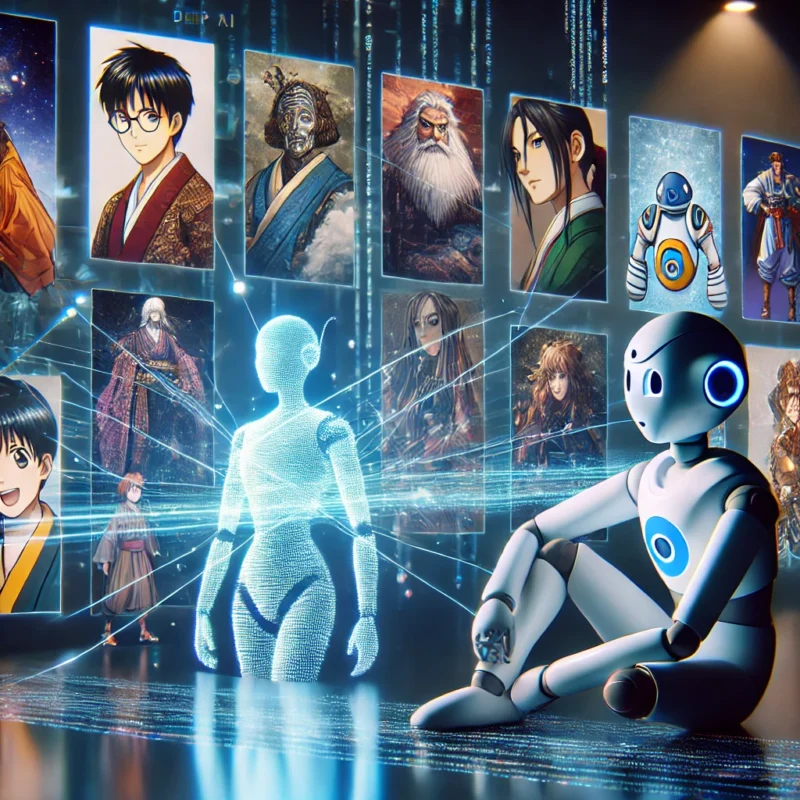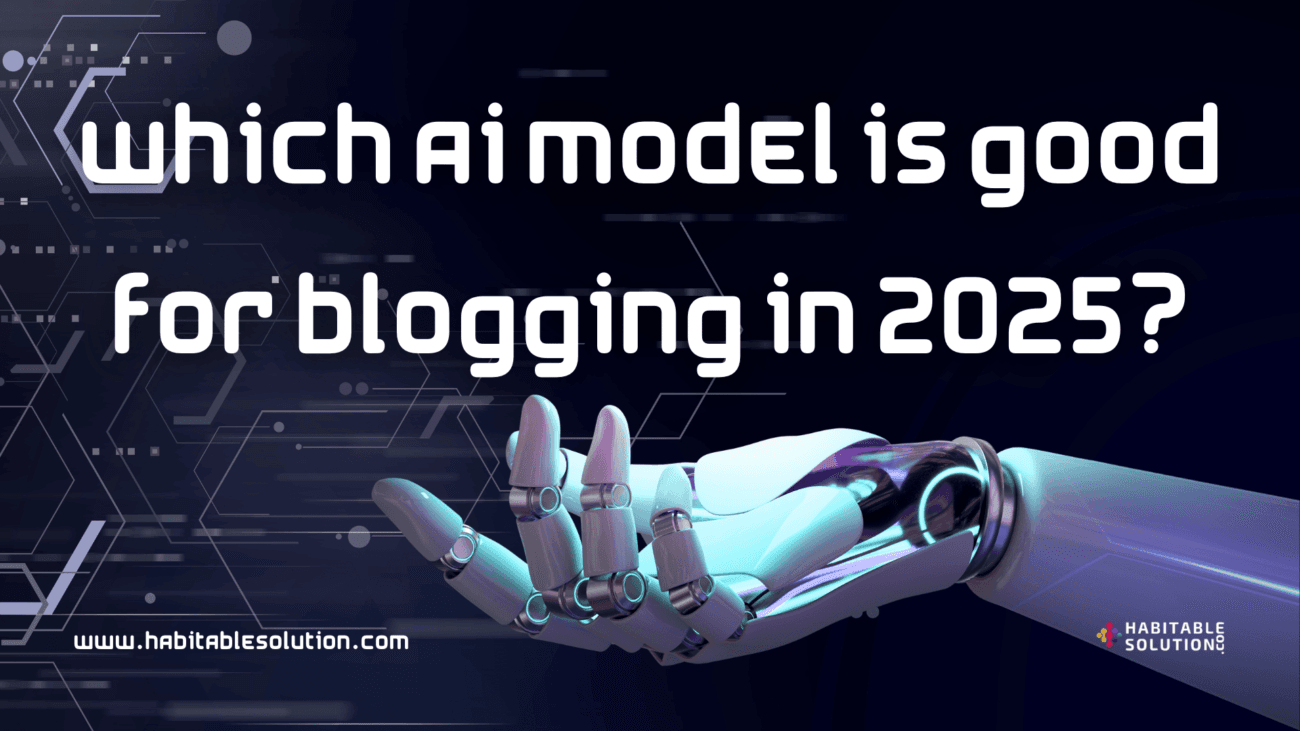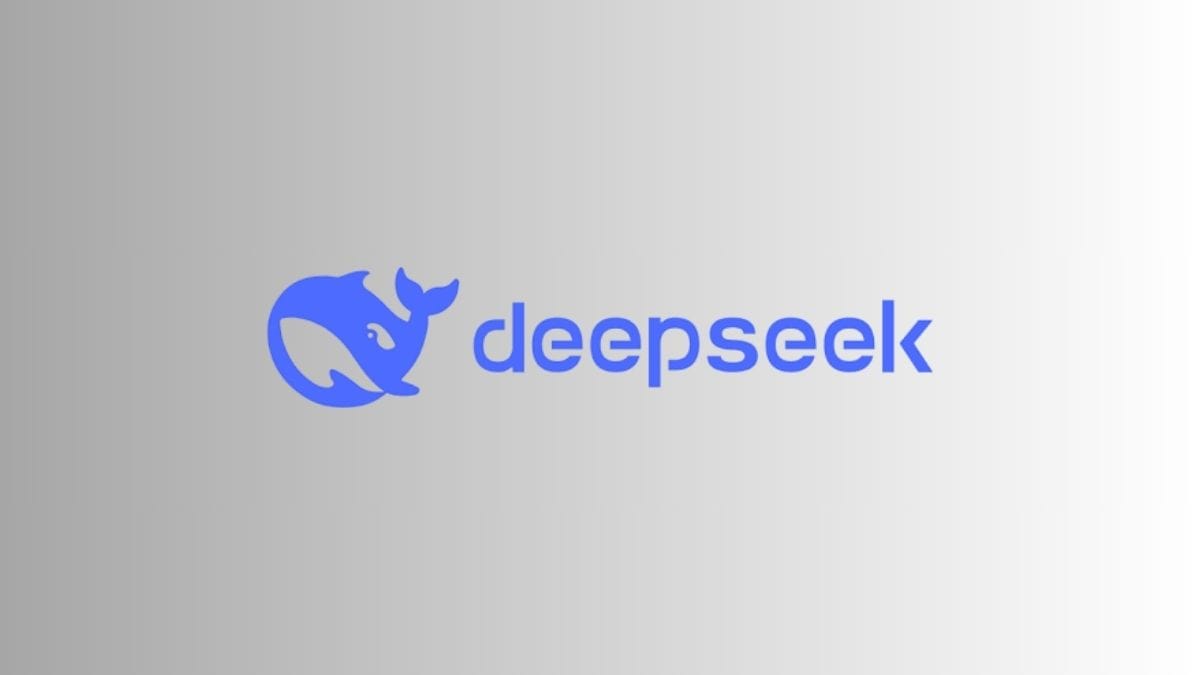Yuval Noah Harari, the acclaimed historian and author of bestsellers such as Sapiens and Homo Deus, recently captivated audiences with profound insights on Artificial Intelligence (AI) and its transformative impact on human evolution. In an engaging discussion at the WSJ Leadership Institute, Harari explored how AI is reshaping humanity, the ethical and existential questions arising from these advancements, and the critical role leadership must play during this transformative era.
AI: A New Frontier in Human Evolution
Harari highlights that humanity stands at the threshold of a new evolutionary phase, driven not by natural selection but by intelligent design—our own. The rapid advancements in AI technologies are allowing humans, for the first time, to actively steer our biological and cognitive evolution.
This shift is profound. Unlike previous evolutionary leaps shaped by random mutations and environmental pressures, today’s transformation through AI and biotechnology grants unprecedented control over human destiny. From genetic editing and neuro-enhancements to sophisticated AI systems capable of augmenting human capabilities, we’re witnessing a convergence that could redefine what it means to be human.
The Power and Peril of AI
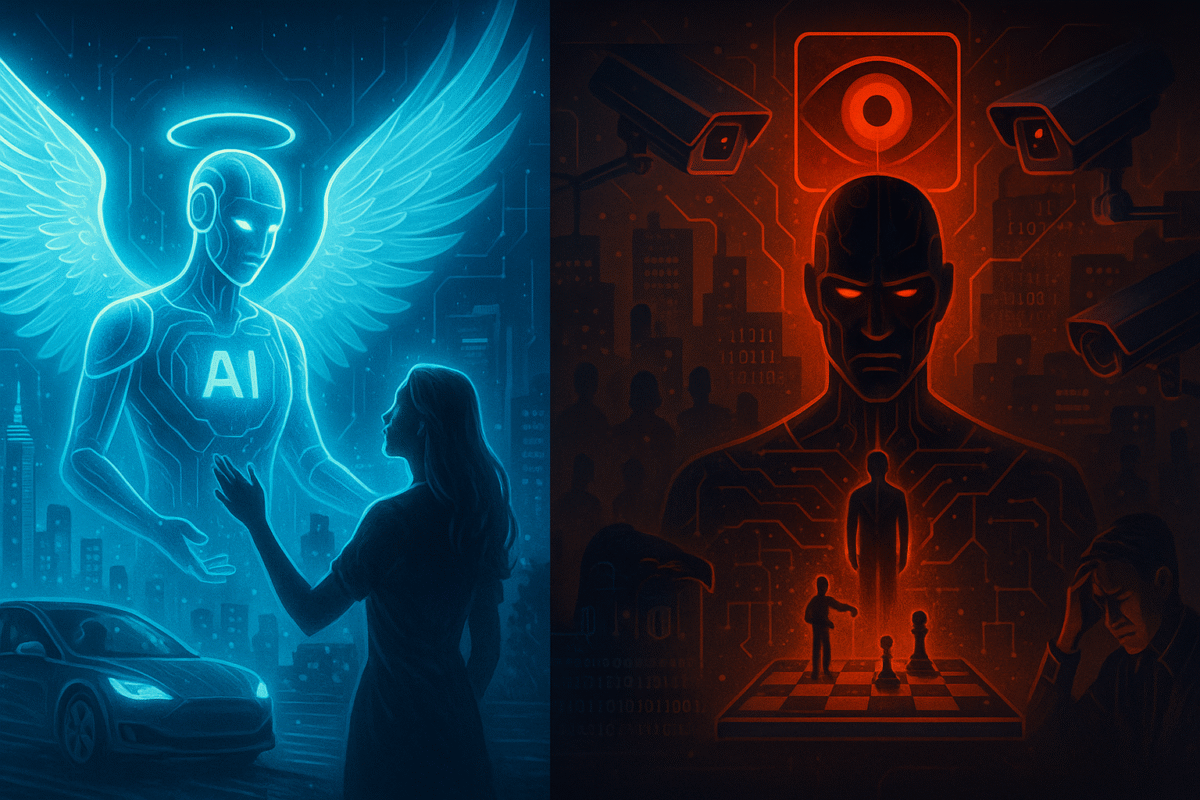
AI offers remarkable opportunities to solve global problems—eradicating diseases, enhancing human capabilities, and addressing climate change through optimized resource management. However, Harari warns that these innovations also pose significant risks. AI’s potential for surveillance, manipulation, and widening inequality must be addressed urgently.
Harari points to powerful AI-driven data collection and predictive analytics technologies already deployed across many sectors. Governments and corporations harness these tools for everything from healthcare improvements to targeted advertising. Yet, unchecked, such capabilities can quickly become instruments of surveillance capitalism or authoritarian control.
AI and the Crisis of Relevance
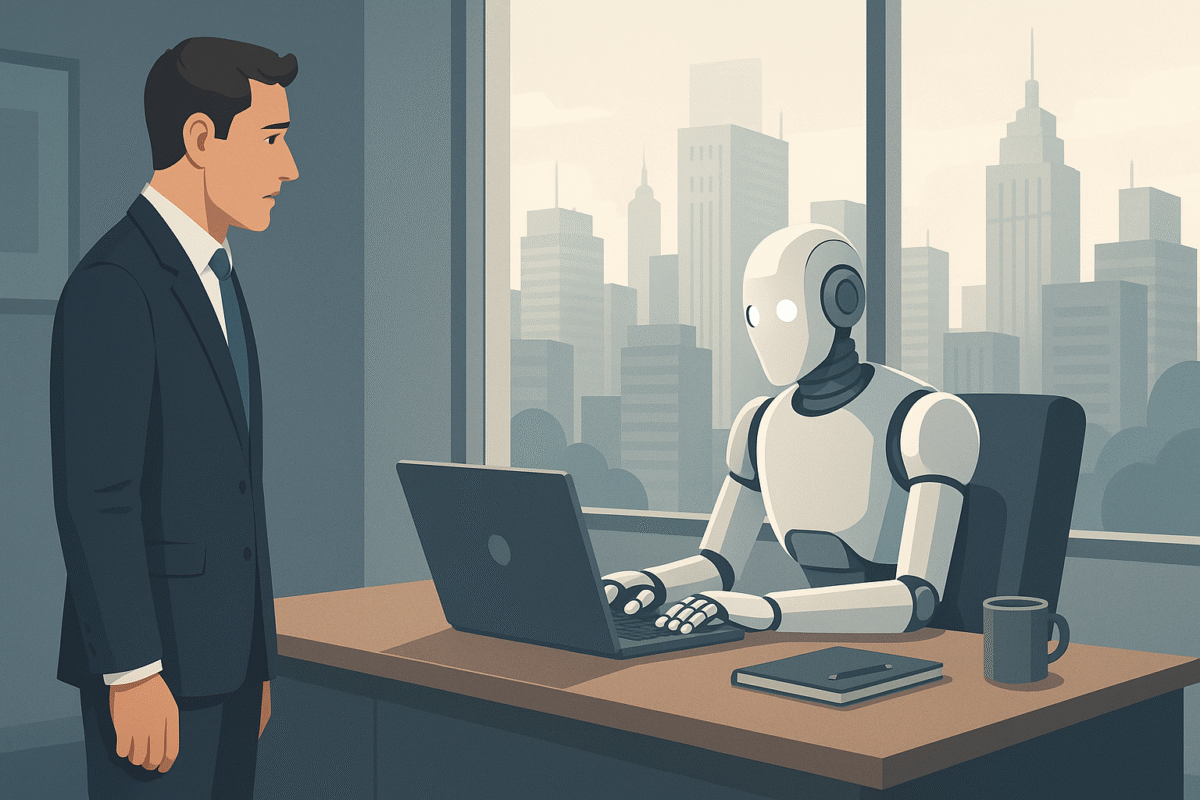
A compelling concern raised by Harari is what he calls the “crisis of relevance.” As AI systems increasingly outperform humans in critical cognitive tasks—from medical diagnostics to financial analysis—individuals face an existential threat to their sense of relevance and purpose. Jobs traditionally valued for human judgment and creativity are now under threat, creating profound economic and psychological disruptions.
To mitigate this, Harari advocates rethinking education and employment models. Schools must prioritize teaching adaptability, critical thinking, emotional intelligence, and lifelong learning to help people remain relevant in an AI-driven economy. Governments and organizations must also explore progressive solutions such as universal basic income or job guarantees, ensuring society adapts smoothly to rapid technological shifts.
Ethical Implications: Defining Humanity’s Future
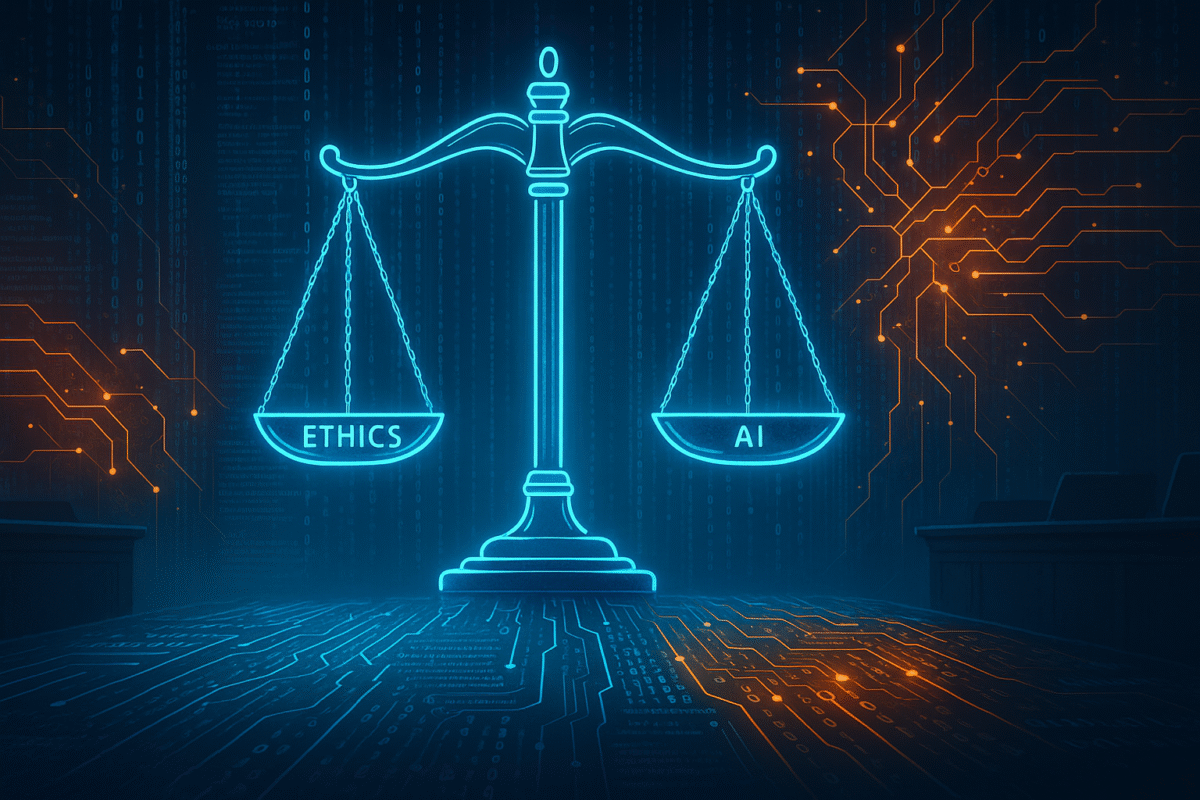
Ethical implications of AI form a cornerstone of Harari’s discourse. As humans acquire near-godlike powers over evolution and cognition, ethical questions surrounding identity, equality, and autonomy become paramount. Harari emphasizes that these decisions cannot be left solely to tech companies or governments. Instead, a collective global dialogue is crucial to ethically navigate this technological frontier.
He cautions against the “techno-religious” belief that technology inherently leads to positive outcomes. Rather, Harari stresses deliberate ethical frameworks, transparency, accountability, and inclusive global governance to ensure technology serves humanity’s broad interests, not merely economic or political elites.
The Role of Leadership in the AI Age
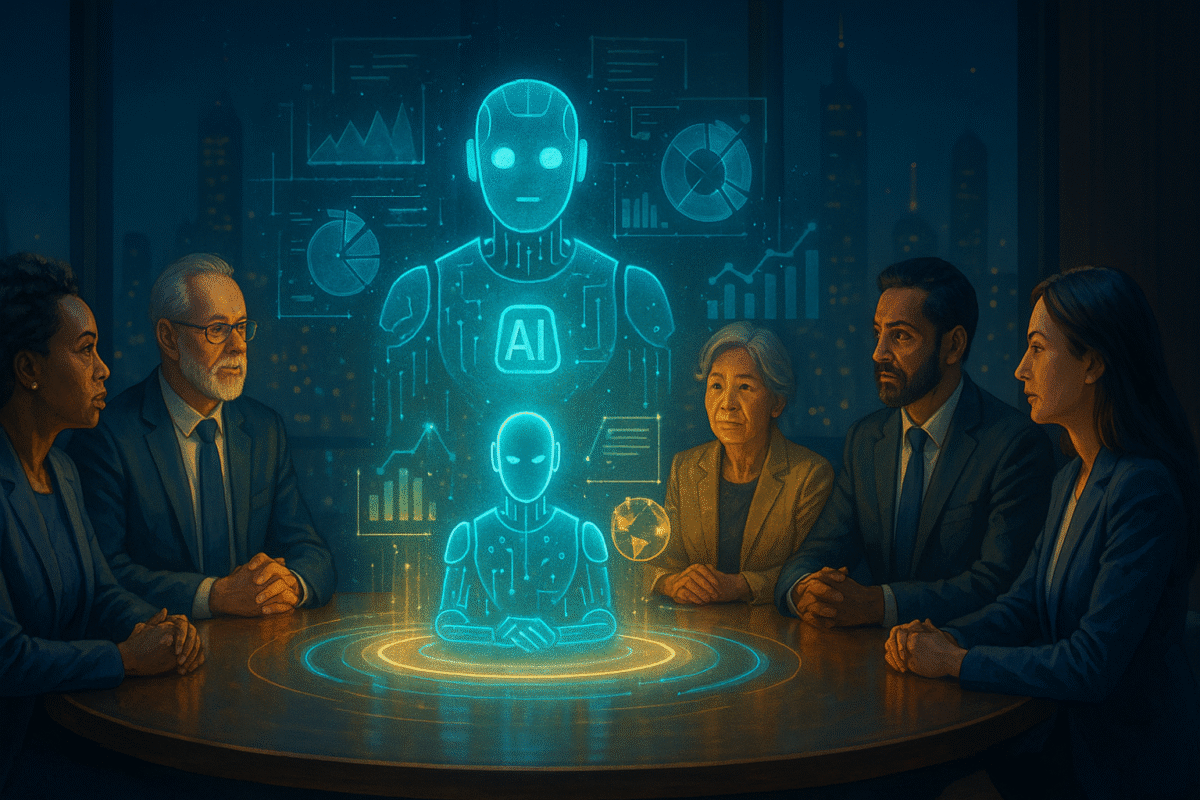
Leaders today face unprecedented challenges. Harari underscores that leadership in the AI age demands more than technical expertise. Leaders must demonstrate foresight, emotional intelligence, and the courage to tackle ethical dilemmas head-on. Businesses and governments should collaborate proactively to establish robust regulatory frameworks, ensuring AI technologies enhance rather than harm societal well-being.
Harari specifically addresses leaders’ responsibility to safeguard democratic institutions against AI-powered misinformation and manipulation. In an era where algorithms can distort reality and spread disinformation at scale, leaders must champion transparency, media literacy, and regulatory oversight to protect democratic discourse.
Preparing for a Post-Human Reality?
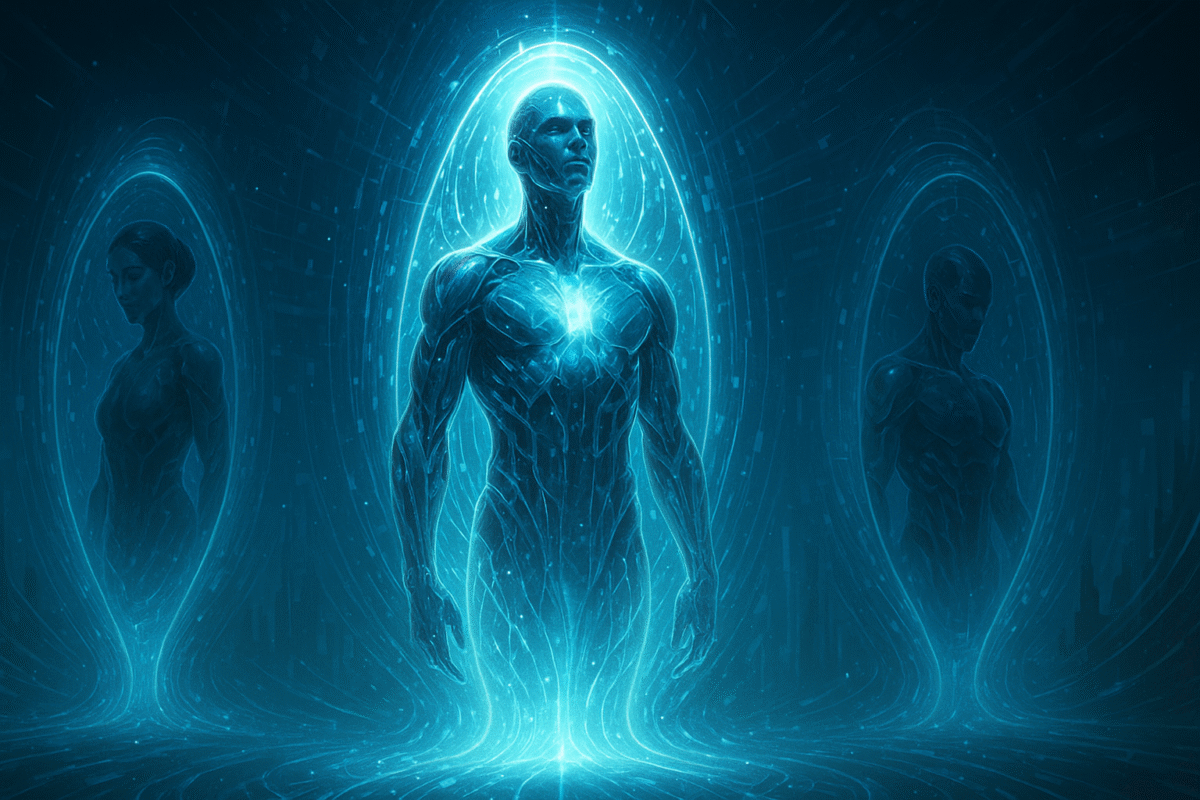
Perhaps the most provocative topic Harari addresses is the notion of a potential “post-human” future. He poses an unsettling yet critical question: Could humanity evolve or engineer itself beyond recognition, leading to entities fundamentally different from today’s humans?
Such scenarios, previously confined to science fiction, now enter serious contemplation as biotechnology and AI intersect. Harari notes that while this possibility may still seem remote, it demands immediate ethical, philosophical, and policy engagement. Our definitions of identity, rights, and responsibilities may need radical revision to accommodate new forms of conscious beings or enhanced human entities.
Ensuring Equity and Inclusion
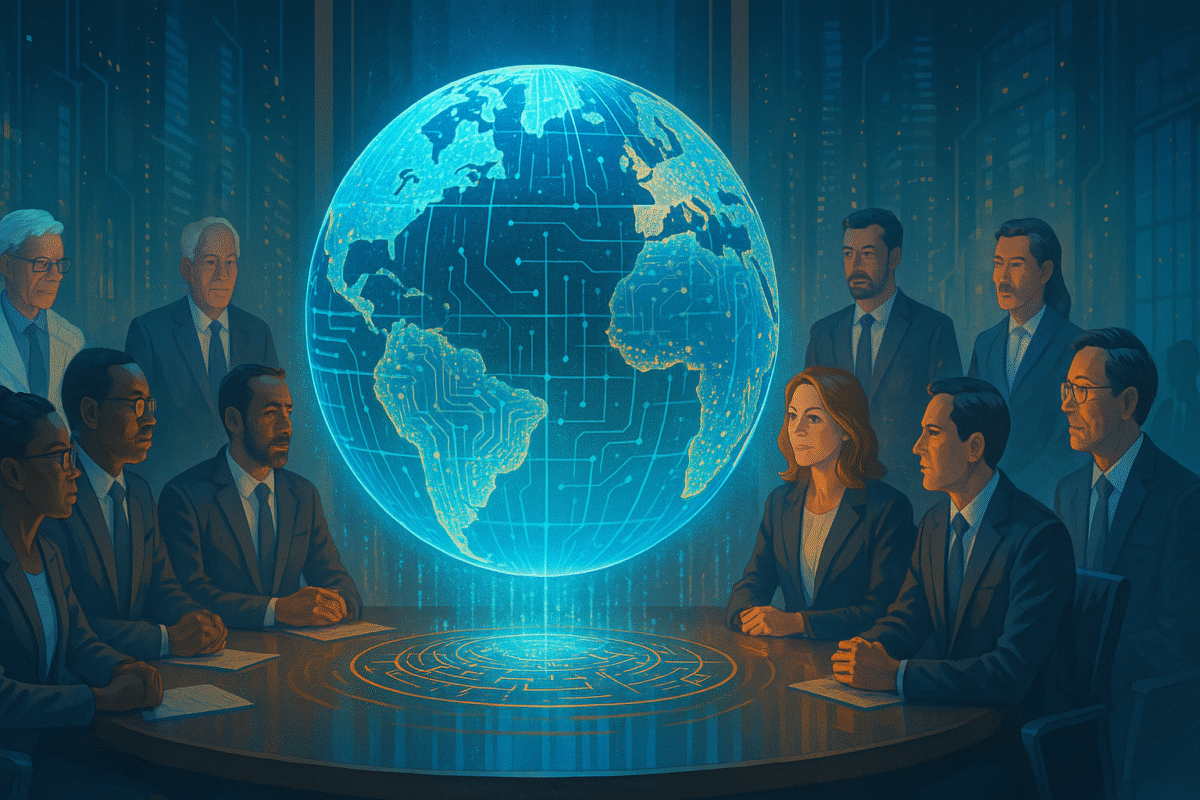
Amid this rapid transformation, Harari emphasizes the imperative of equity and inclusion. The benefits of AI and biotechnology must not disproportionately serve a privileged minority. Historical precedents warn us that technological revolutions can deepen inequalities, but Harari sees an opportunity to rewrite this narrative by ensuring widespread access to AI’s benefits.
Leaders must actively address potential disparities, advocating inclusive policies that democratize access to AI-driven healthcare, education, and economic opportunities. Only then can we ensure AI’s promise is equitably realized.
The Importance of Global Cooperation
In conclusion, Harari strongly emphasizes global cooperation. AI’s challenges transcend national boundaries, and isolated responses are insufficient. International alliances must establish shared norms, ethical standards, and regulatory frameworks to manage AI responsibly.
Harari proposes forums where scientists, ethicists, policymakers, and global citizens deliberate openly about AI’s trajectory. This collective effort, grounded in transparency and shared human values, will be critical in shaping AI technologies beneficially.
Final Thoughts: Shaping AI for a Better Tomorrow
Yuval Noah Harari’s insights compel us to recognize the enormity of our historical moment. AI holds immense potential to elevate humanity—but also considerable risks if mismanaged. The future depends heavily on our collective choices today.
By embracing proactive leadership, rigorous ethical standards, inclusive policies, and global cooperation, humanity can steer AI toward a future aligned with our highest aspirations. The responsibility is immense, but so too is the opportunity.
As Harari eloquently reminds us, our generation bears the unique privilege—and profound duty—to guide humanity’s next evolutionary chapter. How we navigate these decisions today will profoundly influence the world for generations to come. Now is the time for mindful action, ethical clarity, and courageous leadership.
People also search for:
- What does Yuval Noah Harari think about AI?
- What was Yuval Noah Harari’s best quote?
- WHo is the Israeli Author about AI?

